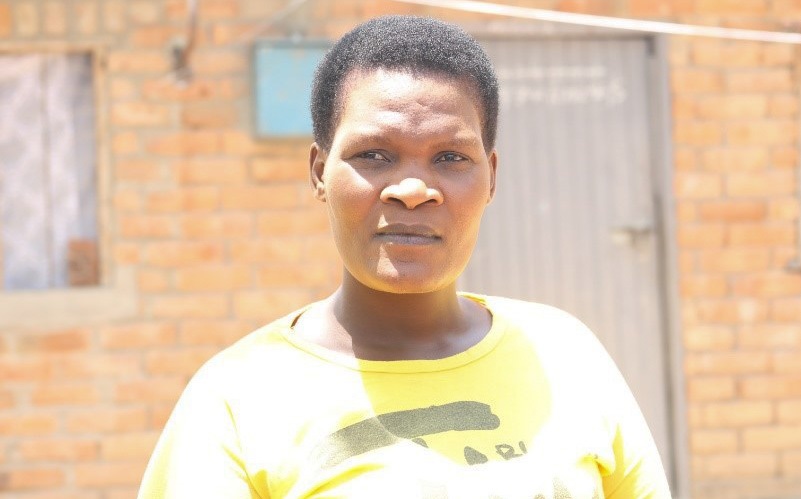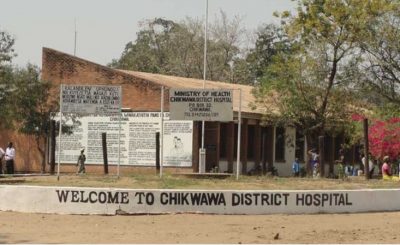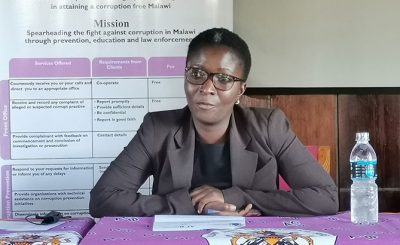75% of people with mental disorders do not access mental health services in Malawi. The challenge has also not spared mentally ill persons in Traditional Authority Kafuzira in Malawi’s lakeshore district of Nkhotakota. For a number of years mentally ill persons in the area have been suffering in silence without knowing where they can access mental health care.
Grace Banda, 30, from Kamphambale village in the Traditional Authority Kafuzira, is one of the residents who suffered in silence due to a mental disorder.
Banda, who is now a stabilized mentally ill person, narrates that she was living a lonely and miserable life.
“When I got mentally ill I was just staying idle at home without knowing what to do. I was facing stigma and discrimination even from my husband who left the marriage because I was mentally ill,” she says.
In 2018, Youth Net and Counselling (YONECO) in partnership with Zomba Mental Hospital and Tackle Africa started implementing a three year Comic Relief funded project called Passing and supporting: Building tactics for community mental health care in the area.
Following the establishment of the project in the area, Banda was given psychosocial care, started receiving treatment and also got trained in financial literacy.
“I started selling mandasi (small scale business) and now my life has changed for the better. I now have a peace of mind and I am able to mix with other people through the Village Savings and Loans (VSL) group and other community forums,” she says.
Banda a mother of three children, says she is now relying on the small scale business to fend for the family as well as paying school fees for one of her children.
She is also expecting her husband to return to their matrimonial home after being on separation for some time.
Charles Banda, Senior Health Surveillance Assistant (HSA) at Dwambazi Rural Hospital, which is located approximately 100 kilometers from Nkhotakota District Hospital, says due to massive awareness on the importance of seeking treatment at a health facility, over 50 mentally ill persons have so far accessed mental health care.
“We were trained through the project as HSA’s on how we can identify mentally ill persons so with the help of caregivers who were also trained, mentally ill persons are identified in the villages and are brought to the hospital for psychosocial and medical care through the project,” he says.
Nkhotakota Mental Health Clinical Officer Khumbo Nyirenda says the status quo has changed as more mentally ill persons are now accessing treatment in hospitals.
“The district hospital takes care of about 600 to 700 mental health patients every month with 15 new mental health cases also registered every month,” he says.
Nyirenda adds that the huge turn up of mentally ill persons in health facilities is testimony that the mental health care project has helped many people to be aware that they can seek help.
“There are so many superstitions in the communities thinking that their conditions are not curable but people are coming out after getting messages through awareness meetings conducted by YONECO so they are able to come and seek help.
“You know knowledge is power, if people are able to know they are able to appreciate that other people are also faced with this challenge,” he says.





